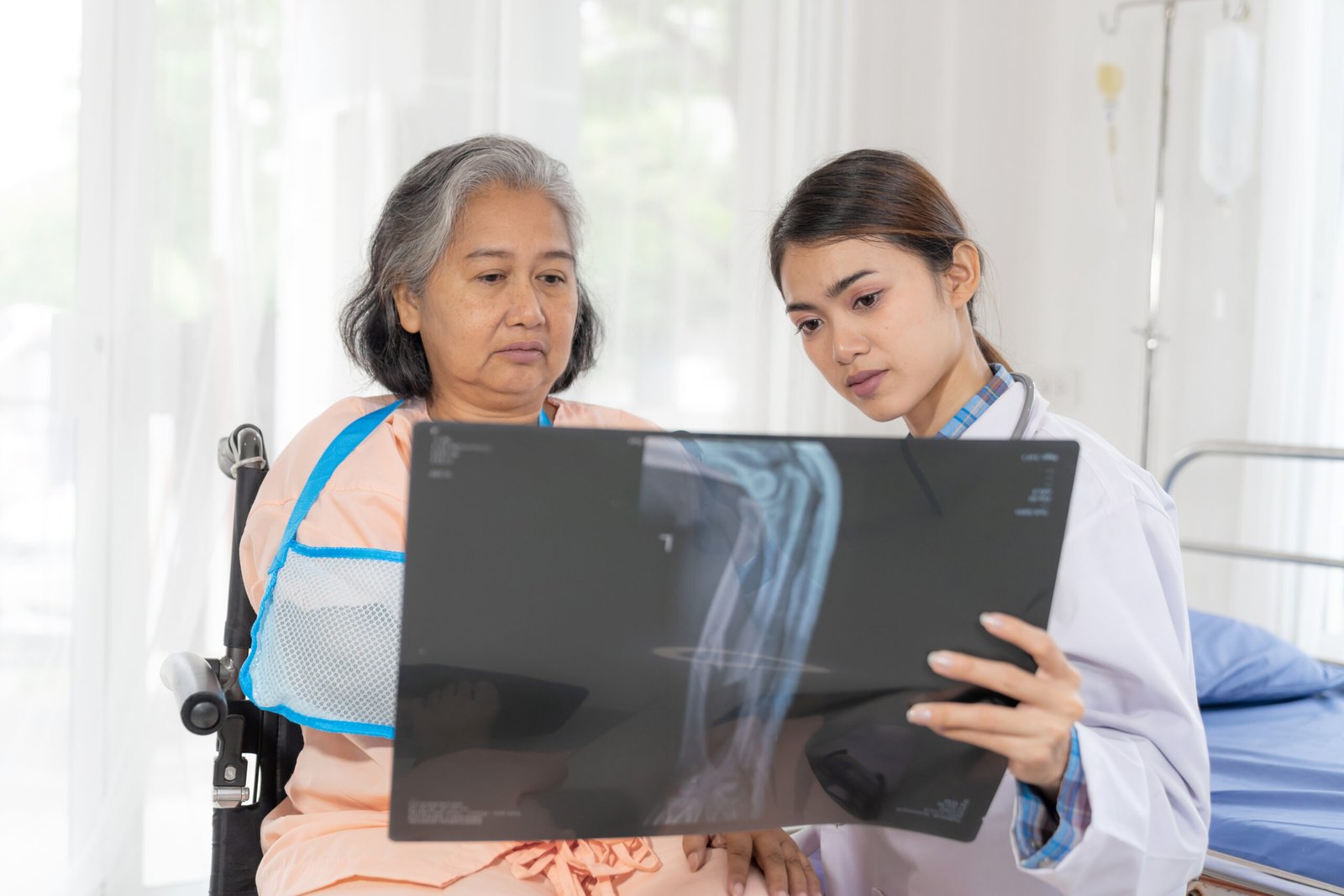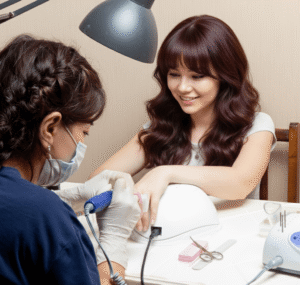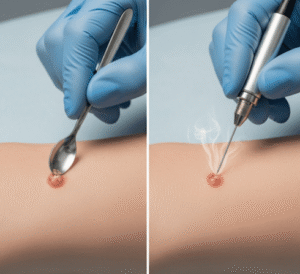Overview
Synovial sarcoma is a rare and aggressive type of soft tissue cancer that usually occurs near the joints of the arms or legs, but it can also develop in other parts of the body. Although it primarily affects young adults and adolescents, it can occur at any age. In Korea, synovial sarcoma is managed through a multidisciplinary approach combining surgery, chemotherapy, and radiation therapy at leading cancer treatment centers.
What is Synovial Sarcoma?
Synovial sarcoma is a malignant soft tissue tumor that arises in cells around joints, tendons, or bursae, not necessarily from the synovium itself. It is characterized by a specific chromosomal translocation (t(X;18)), which helps in confirming the diagnosis. Despite its slow initial growth, it has a high potential for local invasion and metastasis, especially to the lungs and lymph nodes.
Symptoms
- A painless lump or swelling near a joint (commonly knee or ankle)
- Increasing pain or tenderness as the tumor grows
- Decreased range of motion or joint stiffness
- Numbness or tingling if nerves are compressed
- Fatigue or weight loss in advanced cases
Causes
- Exact cause is unknown
- Associated with a specific genetic mutation: translocation between chromosomes X and 18
- Not typically linked to environmental or lifestyle factors
Risk Factors
- Age (most commonly affects people between 15 and 40 years)
- Male gender (slightly higher incidence)
- Previous history of radiation therapy (rare association)
- No strong familial or inherited risk factors identified
Complications
- Local recurrence after surgical removal
- Distant metastasis, especially to the lungs
- Functional impairment of nearby joints or limbs
- Side effects from aggressive treatment, such as chemotherapy or radiation
- Psychological impact of dealing with a rare and potentially life-threatening cancer
Prevention
- There are no specific prevention methods due to its spontaneous genetic origin
- Early detection and prompt treatment are key to improving outcomes
- Regular follow-ups and imaging if diagnosed with soft tissue lumps
- Genetic testing in ambiguous cases for early identification
Treatment Options in Korea
- Diagnosis
- MRI: Main imaging tool for evaluating soft tissue tumors
- CT scan: Used to assess lung metastasis
- Biopsy: Core needle or incisional biopsy for tissue confirmation
- Genetic testing: FISH or RT-PCR for detection of t(X;18) translocation
- PET scan: May be used to assess extent of disease
- Surgery
- Wide excision with clear margins is the primary treatment
- In some cases, limb-sparing surgery or reconstructive surgery may be performed
- Amputation is rare and only considered in extreme cases
- Radiation Therapy
- Preoperative or postoperative radiation used to reduce recurrence
- Available at major cancer centers with advanced techniques (IMRT, proton therapy)
- Chemotherapy
- Agents like ifosfamide and doxorubicin are commonly used
- More effective in high-grade or metastatic synovial sarcoma
- Administered under supervision of oncology teams in hospitals like Asan Medical Center and National Cancer Center Korea
- Targeted Therapy and Clinical Trials
- Pazopanib, a targeted drug, is sometimes used in advanced cases
- Korean institutions participate in international clinical trials for new treatments
- Personalized treatment based on molecular profiling is being explored
- Rehabilitation and Follow-up
- Physical therapy to regain limb function post-surgery
- Regular imaging (MRI or CT) to monitor for recurrence or metastasis
- Psychosocial support, especially for young patients coping with cancer
- Leading Facilities in Korea
- National Cancer Center (NCC) – Ilsan
- Samsung Medical Center, Seoul
- Seoul National University Hospital
- Asan Medical Center, Seoul
These hospitals offer comprehensive sarcoma treatment programs, including access to advanced diagnostics, limb-sparing surgeries, and international-standard cancer care.













